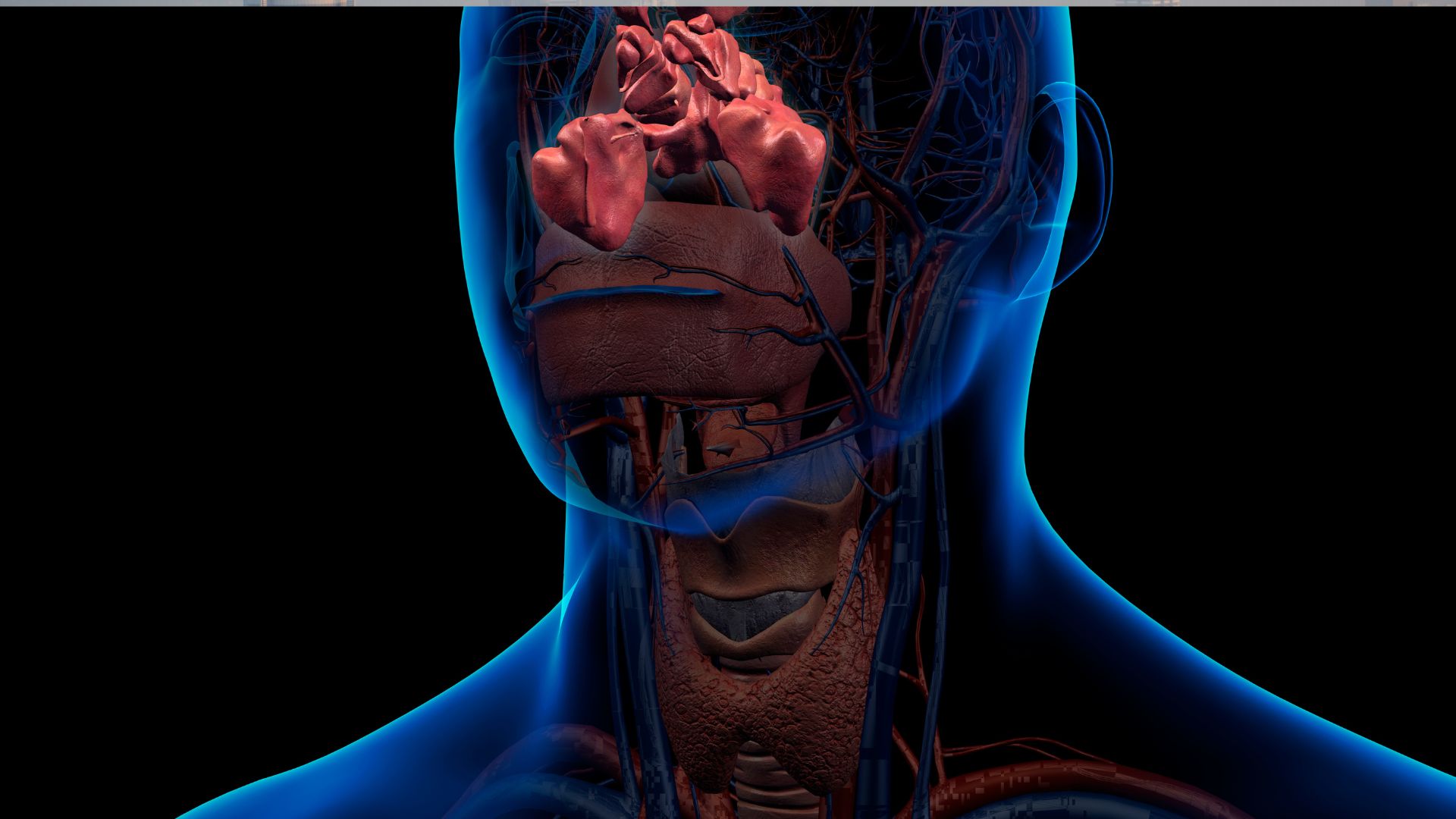Genetic disorders are medical conditions caused by abnormalities in an individual’s DNA. These disorders can have profound effects on various aspects of health, including ear, nose, and throat (ENT) health. As an ENT surgeon, it’s crucial to comprehend how genetic disorders impact the well-being of patients. In this blog post, we will delve into the intricacies of genetic disorders, their influence on ENT health, diagnostic approaches, treatment modalities, and the significance of genetic awareness.
Introduction to Genetic Disorders
Genetic disorders encompass a broad spectrum of conditions resulting from alterations in genes or chromosomes. These alterations can be inherited from one or both parents or occur spontaneously due to gene mutations. Understanding the underlying genetic mechanisms is essential for effective management and treatment.
Basic Genetics and Inheritance
To comprehend genetic disorders, it’s imperative to grasp the fundamentals of genetics, including inheritance patterns such as autosomal dominant, autosomal recessive, and X-linked inheritance. This knowledge aids in predicting the likelihood of certain disorders in families and facilitates genetic counseling.
Common Genetic Disorders Affecting ENT Health
Several genetic disorders have notable implications for ENT health. Conditions like cystic fibrosis, Down syndrome, Marfan syndrome, and Waardenburg syndrome often present with ENT manifestations, ranging from respiratory issues to hearing loss and craniofacial abnormalities.
Impact of Genetic Disorders on ENT Health
Genetic disorders can significantly impact the structures and functions of the ear, nose, and throat. Respiratory complications, recurrent infections, conductive or sensorineural hearing loss, and craniofacial anomalies are among the common challenges faced by individuals with genetic disorders.
Diagnosis and Screening Methods
Accurate diagnosis of genetic disorders involves a combination of clinical evaluation, genetic testing, and imaging studies. Advances in genetic screening techniques have enabled early detection and intervention, enhancing patient outcomes and quality of life.
Treatment Approaches
While genetic disorders are often chronic and incurable, various treatment modalities aim to alleviate symptoms and improve overall health. Pharmacotherapy, surgical interventions, and supportive therapies play pivotal roles in managing ENT-related manifestations of genetic disorders.
Preventive Measures
Genetic counseling and preconception screening empower individuals and families to make informed decisions about family planning and reproductive choices. Additionally, lifestyle modifications and proactive healthcare practices can mitigate the impact of genetic predispositions.
Research and Advancements
Ongoing research efforts in genetics and molecular biology hold promise for developing novel therapies and personalized treatments for genetic disorders. Collaborative initiatives among scientists, healthcare professionals, and advocacy groups drive innovation and progress in the field.
Case Studies and Success Stories
Sharing real-life experiences of individuals living with genetic disorders fosters empathy, awareness, and solidarity within the community. These narratives highlight the resilience and triumphs of patients while dispelling myths and misconceptions surrounding genetic conditions.
Support Resources for Patients and Families
Access to support networks, including patient advocacy organizations and online forums, provides invaluable emotional support, practical guidance, and resources for patients and their families navigating the challenges of genetic disorders.
Addressing Stigma and Misconceptions
Challenging stigma and promoting inclusivity are essential aspects of genetic advocacy. By fostering open dialogue, dispelling stereotypes, and promoting acceptance, we can create a more supportive and understanding environment for individuals with genetic conditions.
Collaborative Care Approach
A multidisciplinary approach involving ENT specialists, geneticists, primary care physicians, and allied healthcare professionals ensures comprehensive and holistic care for individuals with genetic disorders. Collaboration enhances treatment efficacy and patient satisfaction.
Empowering Patients Through Education
Education is a powerful tool in empowering patients to actively participate in their healthcare journey. Providing accurate information, resources, and guidance enables individuals to make informed decisions, advocate for themselves, and effectively manage their conditions.
Future Outlook
As we continue to advance our understanding of genetics and molecular medicine, the future holds promise for improved diagnostics, targeted therapies, and preventive interventions for genetic disorders. By advocating for genetic awareness and fostering collaboration, we can strive towards a healthier future for all.
Conclusion
In conclusion, genetic disorders exert a significant influence on ENT health, presenting unique challenges and opportunities for healthcare providers. By fostering genetic awareness, embracing interdisciplinary collaboration, and prioritizing patient education and support, we can enhance the quality of care and quality of life for individuals affected by genetic conditions.
Frequently Asked Questions (FAQs)
- What role do genetics play in ear, nose, and throat disorders?
Genetics can predispose individuals to various ENT conditions, influencing their susceptibility to infections, structural abnormalities, and sensory impairments.
- Can genetic disorders affecting ENT health be prevented?
While some genetic disorders are hereditary and unavoidable, genetic counseling, screening, and lifestyle modifications can help mitigate risks and optimize outcomes.
- How are genetic disorders diagnosed in ENT patients?
Diagnosis typically involves a combination of clinical evaluation, genetic testing, imaging studies, and collaboration with genetic specialists.
- What treatment options are available for ENT manifestations of genetic disorders?
Treatment modalities may include medications, surgical interventions, rehabilitative therapies, and supportive care tailored to individual needs.
- Where can individuals and families affected by genetic disorders find support and resources?
There are numerous patient advocacy organizations, support groups, and online communities dedicated to providing information, guidance, and emotional support for individuals and families impacted by genetic conditions.
About Author:
Dr. Vivek Kumar Pathak: Renowned ENT Surgeon, Senior Professor, and Founder.
Dr. Pathak, ENT surgeon at Kailash Hospital, Senior ENT Professor at Sharda University, and founder of Entegrity Care, brings expertise and innovation to healthcare. Discover the visionary behind Doxtreat Healthcare, shaping the future of ENT care.
Website www.drvivekpathak.com
Call +917838450942
WhatsApp +91 78384 50942
Book an appointment with Dr. Vivek kumar Pathak by filling the form.


